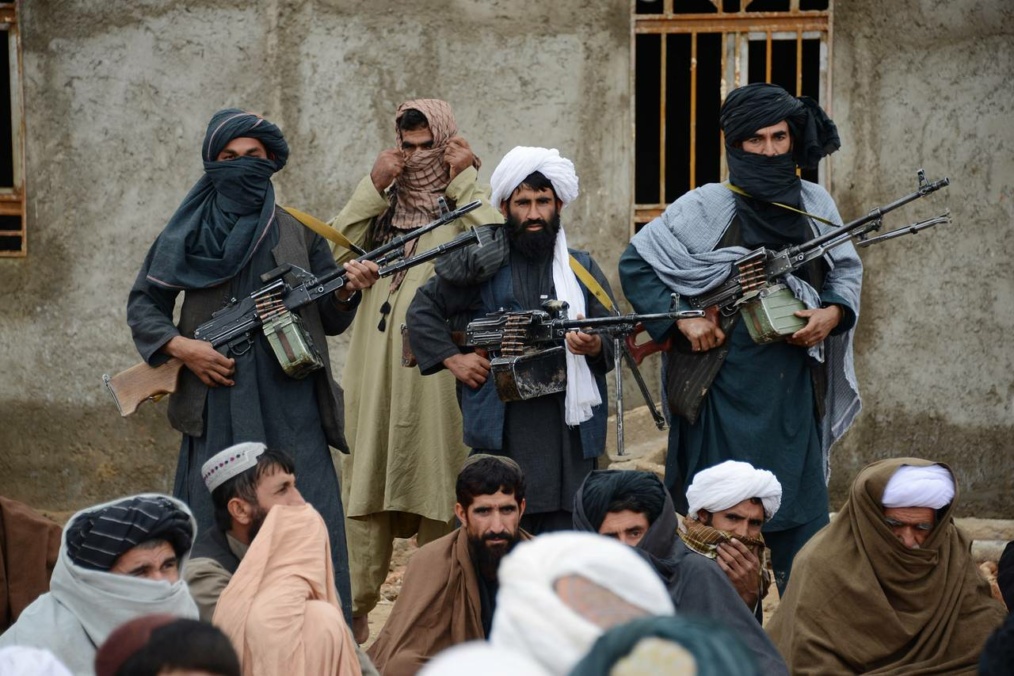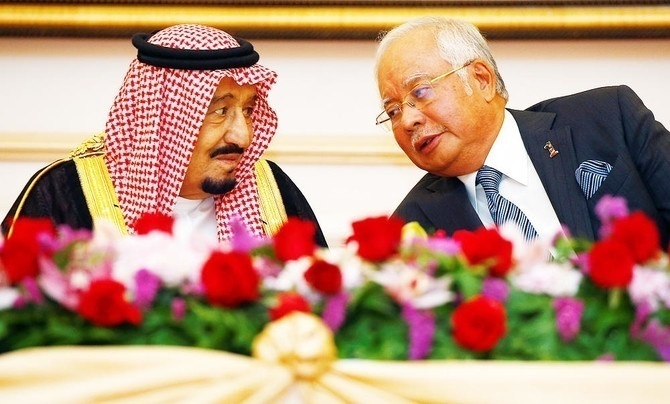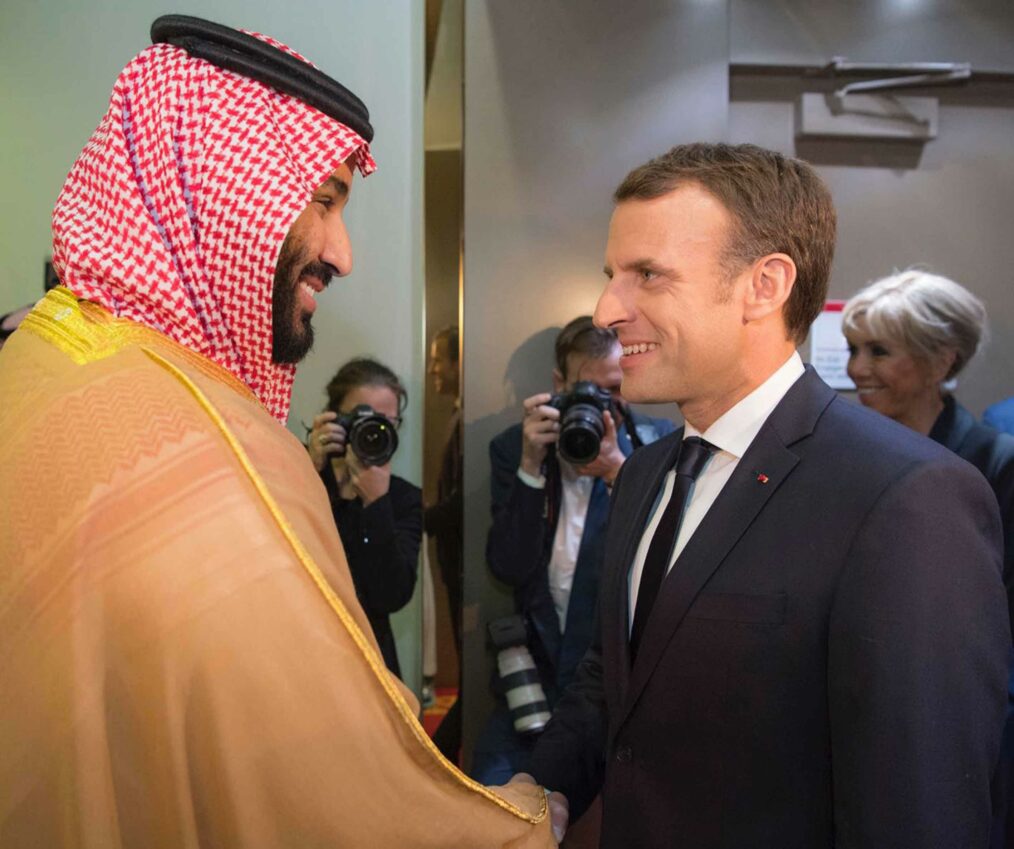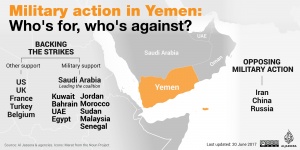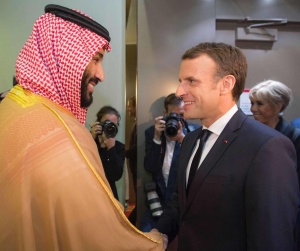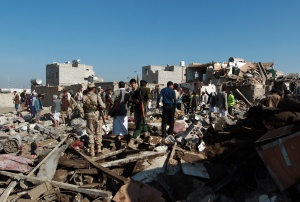According to the official Saudi Press Agency (SPA), two Saudi natives and a Yemeni were executed after being tried and convicted of terrorism charges. Mohammed bin Khodr bin Hashem al-Awami pled guilty to being a member of a “terrorist cell,” defined as a terrorist operational network that conducts espionage and surveillance. According to the interior ministry, security has been interrupted, turmoil has spread, security forces have been targeted, and state buildings have been destroyed. Awami’s residence reportedly housed RPGs, Molotov cocktails, and other explosive-making tools and items.
These three men have separate operational roles, but they all wanted to undermine Saudi Arabia. Hussein bin Ali al-Abu Abdullah, a Saudi national, was convicted of collaborating with terrorists, killing a member of the security forces, and sponsoring terrorist operations by acquiring arms and ammo to suppress security in the Kingdom.
Mohammed Abdelbaset al-Mualmi was indicted for joining the Iran-backed Houthi group and unlawfully infiltrating the Kingdom to carry out a terrorist operation. So, what exactly are the Houthis? The Houthis is a movement fighting for “things that all Yemenis desire: administrative transparency, the end of injustice, access to basic services, and the elimination of Western imperialism.”
Mualmi was also charged and convicted of spying for the Houthis and transmitting military location information to the Houthis in the Kingdom.
According to the ministry, the public prosecutor condemned all three men to death, and the Appeal’s Court and Supreme Court upheld the conviction. A royal decree was given to carry out the sentences. Moreover, Saudi Arabia’s legal system, which comprises both civil and criminal matters, is grounded in Islamic law, commonly known as Sharia. The King, who serves as the final court of appeal and source of pardon, sits atop the legal system.
Terrorism in Saudi Arabia: Closing Thoughts on the Issue
Saudi Arabia also executed 81 people in just one day on March 12, 2022, on terrorism allegations. According to state news agency SPA, the group, which included seven Yemenis and one Syrian, was found guilty of “many horrendous crimes,” notably terrorism. Several were suspected of being militants of the Islamic State, al-Qaeda, or Yemen’s Houthi rebels. They were accused of orchestrating operations on major economic targets, murdering or targeting security staff, abduction, assault, rape, and bringing firearms into the nation.
However, various activists and human rights organizations have spoken out against the killings, doubting the fairness of the proceedings and claiming that they excessively violate human rights. According to Human Rights Watch, the widespread and pervasive abuses in Saudi Arabia’s criminal justice system lend to questioning the justness and fairness of these executions. According to Saudi activists, most of the family members and friends said they were not informed of the killings beforehand or given the opportunity to say their final goodbyes.
As a result, the system’s abuse might have a wide range of consequences, including a strong “appeal” to back groups within their networks to fight the government, as it only encourages them to strike back against the country’s injustices.
Kristian N. Rivera, Counter-Terrorism Research Fellow

